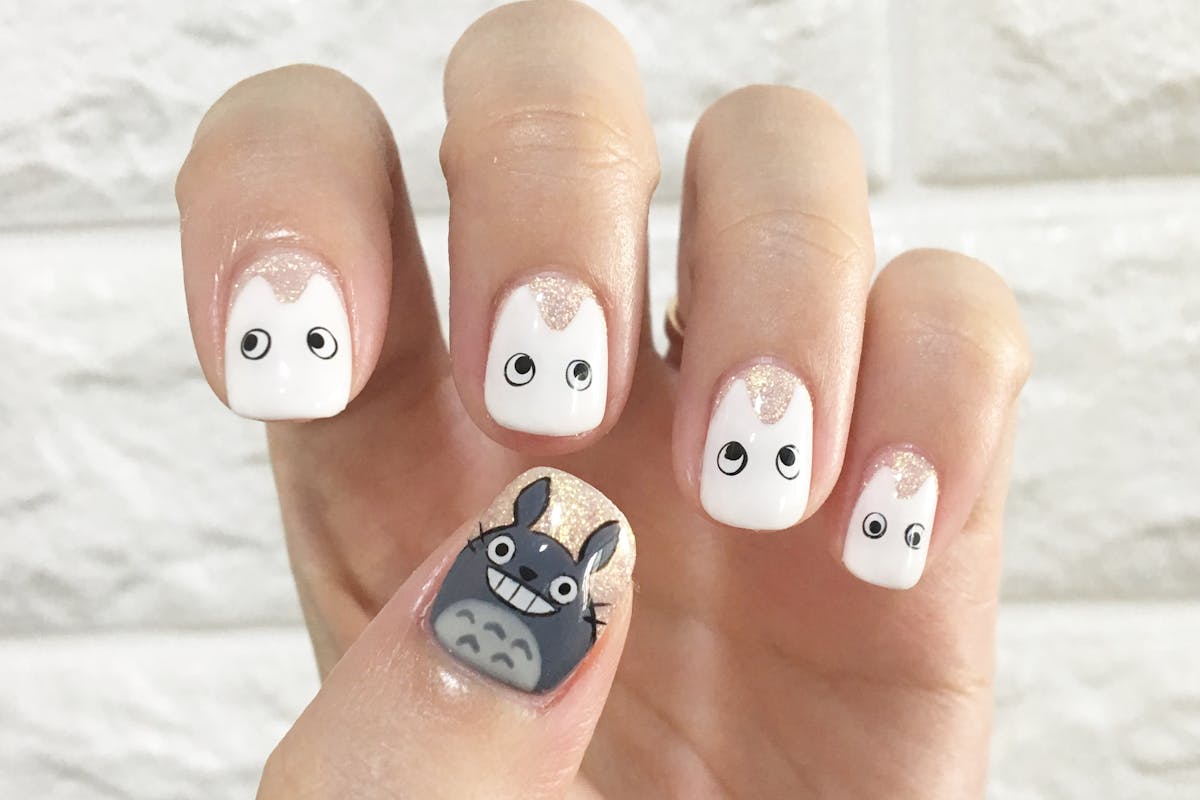Your next watch: How to Make Millions Before Grandma Dies (2024) (film)
The ending of the film, to me, while abrupt – also serves to punctuate M’s character – especially in the earlier part of the film, where M is portrayed as a playful grandson to Amah and a happy-go-lucky person. After all, M is a gamer, trying to please his demanding grandmother, in hopes of getting something in return. Of course, this isn’t to discount how M has transformed as a person by the end of the film. But perhaps, it is M’s purposeful way of showing viewers that the bond between grandmother and grandson lives on. Set in Bangkok’s Chinatown, the film’s excellent cinematography transports viewers through the simplicity yet authenticity of everyday life – eg fried fish vendor, porridge vendor and taking Thailand’s trains. Perhaps, it is also fitting that the film production studio is called Gross Domestic Happiness (GDH) because there is a sense of warmth that these heartfelt scenes bring to its viewers. In fact, when GDH flashed on the screen, I knew this film was going to be laced with humour. Boy, those humourous moments had a sense of cuteness. Sitting amongst a multicultural audience who connected well with the humourous scenes adds yet another dimension to the film-watching experience – this film speaks a universal language. This 127-minute film, in which you’ll watch the debut performance of 78-year-old Usha Seamkhum, explores intergenerational family dynamics.
The scenes that show the differences in the way of life, that is, traditional versus modern-day, are not only relatable but carefully crafted. Cue – how Amah, in one scene, can be seen playing with phone camera/app filters – just to see how she’d look like - and to somewhat break the cycles of loneliness and illness – having hardly anyone visit her when she’s doing well, but on the other extreme, suddenly experiencing a stream of family visitors once they learn of her diagnosis. This, I believe, happens in many families – but is especially poignant to watch from an Asian point of view, where family and traditions, as we’re often told by our elders, are aspects that must be treasured, preserved and continued long after their departure.
Bits of Teochew spoken in the film by the character who plays the grandmother serves as a reminder that in Chinese families, there are various dialect groups, and one must not lose touch of your spoken dialect(s) at home. So, it’s partly why you’ll find trinkets of Chinese culture.
This film is proof – there’s no need for flashy, over-the top cinematography and cast members. You only need to zoom in on aspects of everyday life, and with smart execution, your film might just make many in the audience happy – and in turn, spread more happiness around.









Showing 0 comments